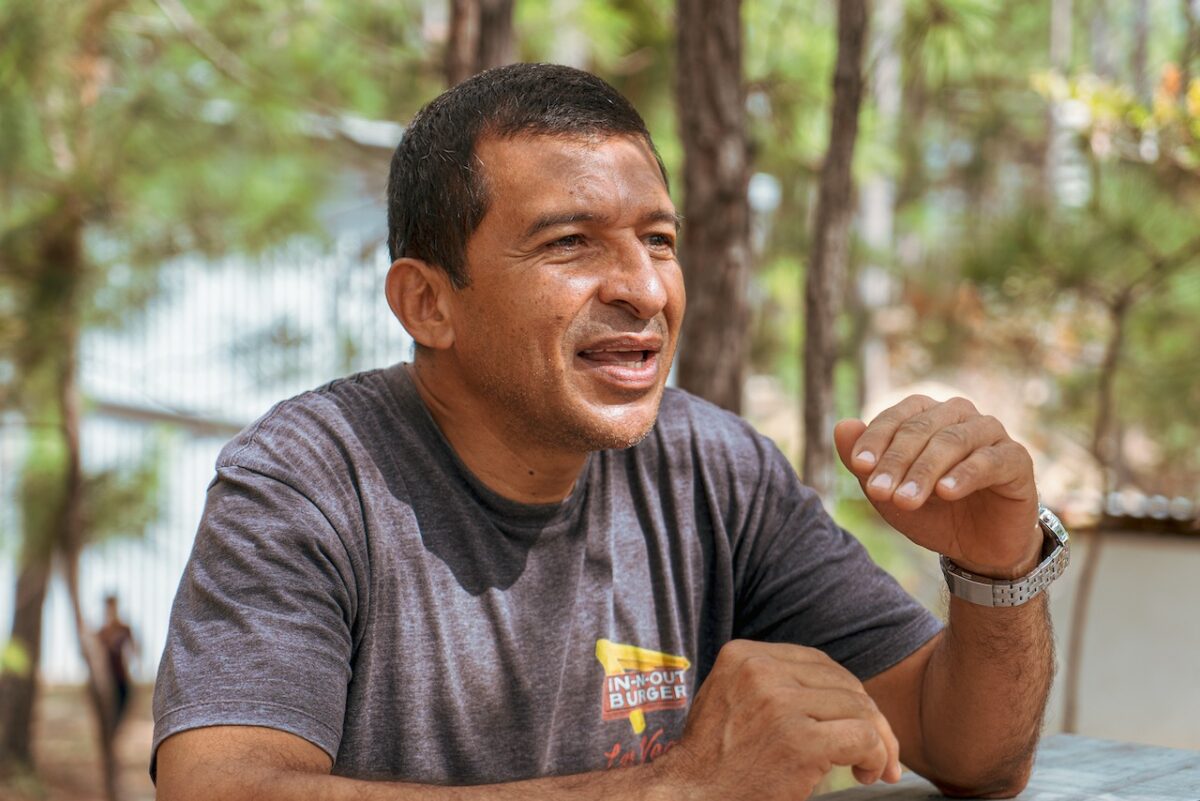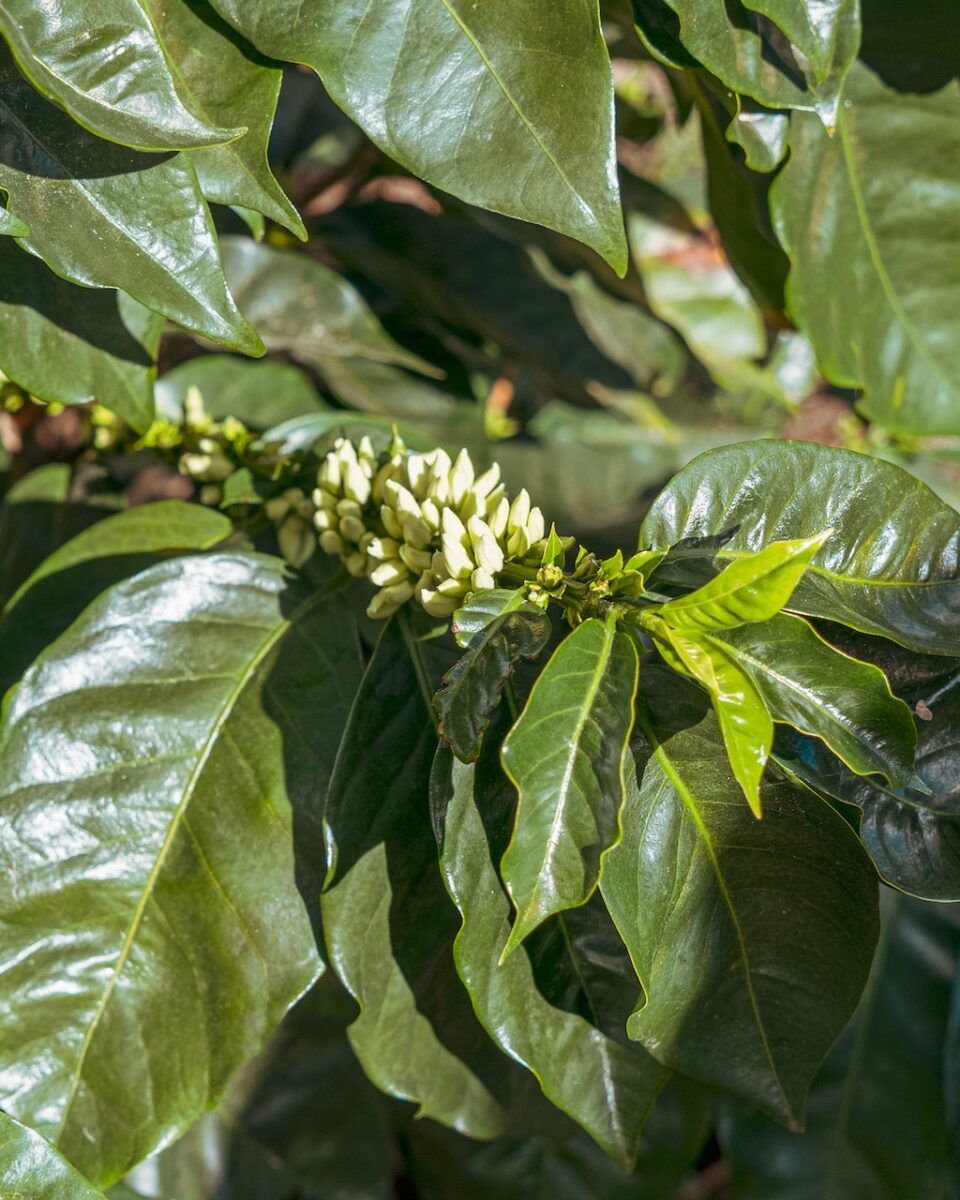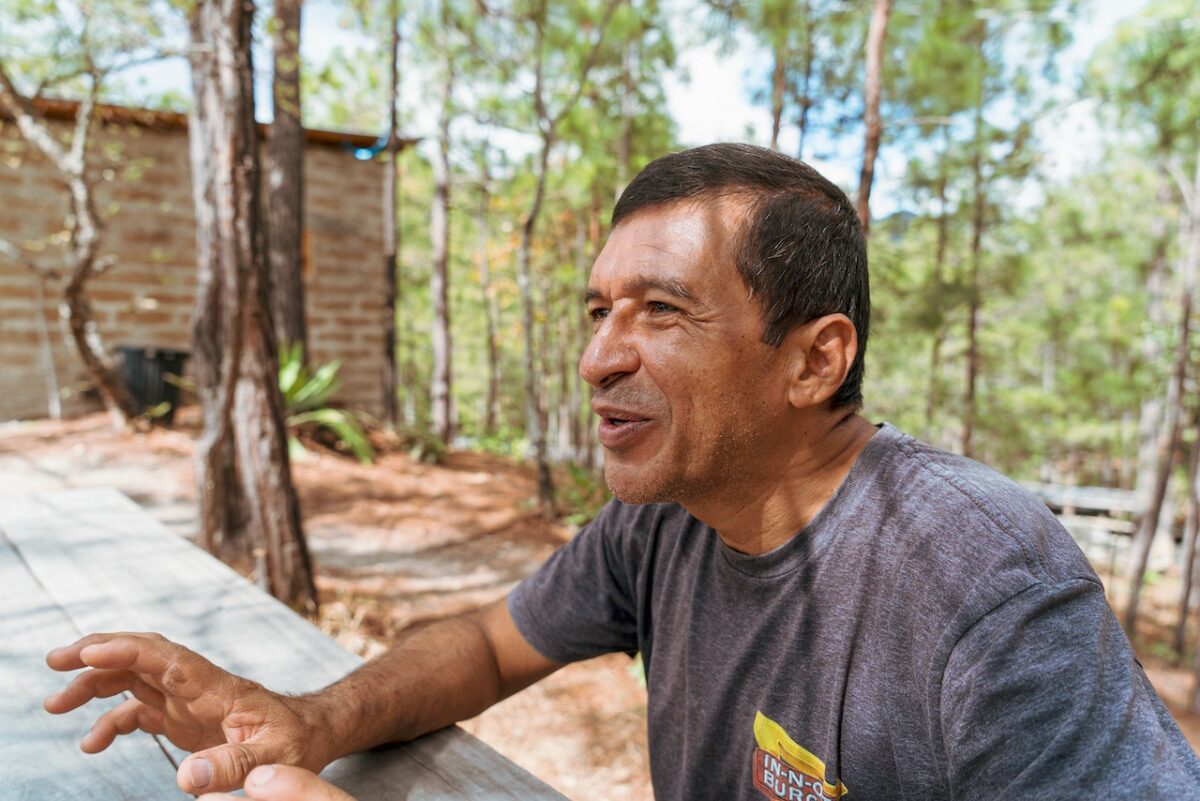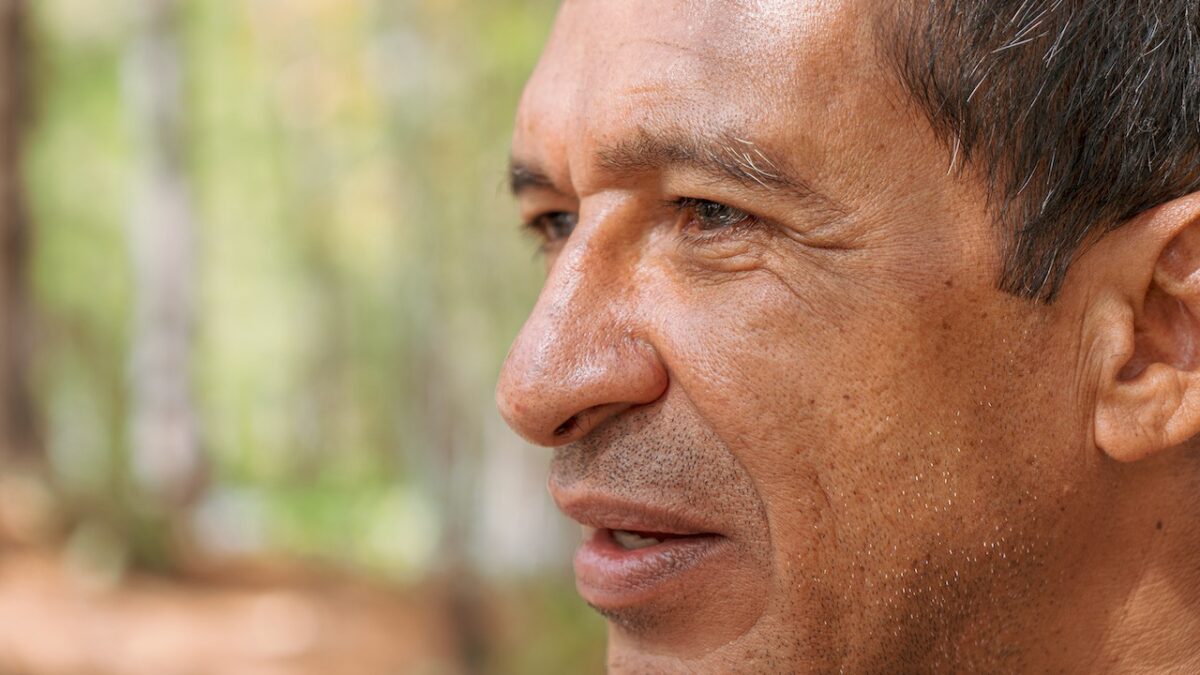
Seeking Fair Recognition

Jose Armando Martinez runs a roughly 4-hectare farm in Chalatenango, El Salvador. Pacamara makes up around 95% of his coffees, excluding varieties he experiments with. Now at 56 years old, Martinez started on his current path in his mid-40’s after serving in the military. The phrase that best captures his philosophy is perhaps “quality over quantity.”
“I don’t use a car to get around my farm,” Martinez says. “Instead, I walk the field for an hour. I also ride a horse when spreading fertilizer. The time and effort I put into my coffees make it all the more rewarding when they turn out well in cupping and eventually make their way abroad.”

He uses almost no chemicals and weed killers, which also points to his emphasis on quality over quality. He and his employees remove weed with a machete or by hand. This adds to labor costs: He hires five workers for around 15 days two to three times a year, for the daily wage of 10 dollars per head.
“That’s the most expensive part of production. Still, it doesn’t make me think about using herbicides. They would certainly help me cut some costs, but at the expense of quality and quantity. The trees would be damaged, too. So weed killers won’t do any good in the long run. In fact, some people told me their coffee trees stopped bearing fruit after they used a lot of herbicides.”
Martinez also takes utmost care to prevent coffee rust. Pacamara is extremely vulnerable to the fungal infection. Some of his trees fell victim to the disease in 2021 despite disinfecting his farm twice. As a result, some 1.5 hectares of his plot yielded no coffee at all. The trees had already been weakened by the infection. And when lashed by strong winds, they lost leaves and therefore productive capacity. Drawing on the lessons learned from this setback, he plans three rounds of disinfection for 2022.

Martinez quit the military in his mid-40’s. He was advanced in age, and he did not have experiences or skills to parlay into a corporate career. After taking an objective look at himself, he naturally came to the decision to start his own business.


The new chapter of his life began by receiving Pacamara seeds from a coffee producer he knew and sowing them in a vacant land. He owes all his knowledge about coffee farming to that producer. He bought a four-hectare plot and started with a quarter of the land. He worked his way up by one hectare each year.
Martinez has already secured seeds and a plot large enough to plant 500 coffee trees, with the aim of expanding his farm a little more.

“Supporting my family is my motivation to work. I want to send my son to college and let him study what interests him abroad, if possible. To do that, I need to earn more.
I find it frustrating that many people in this industry care only about their own interests without appreciating the sacrifices and efforts made by producers. I’ve always been dissatisfied with the low compensation for producers.
I know how much a cup of coffee costs overseas. Even intermediaries who produce nothing make more money than producers do. These days, the price of materials such as fertilizer is soaring. So are production costs. Running a farm is getting only more and more difficult financially.
I hope that people give us the recognition we deserve and pay a fair price.”
